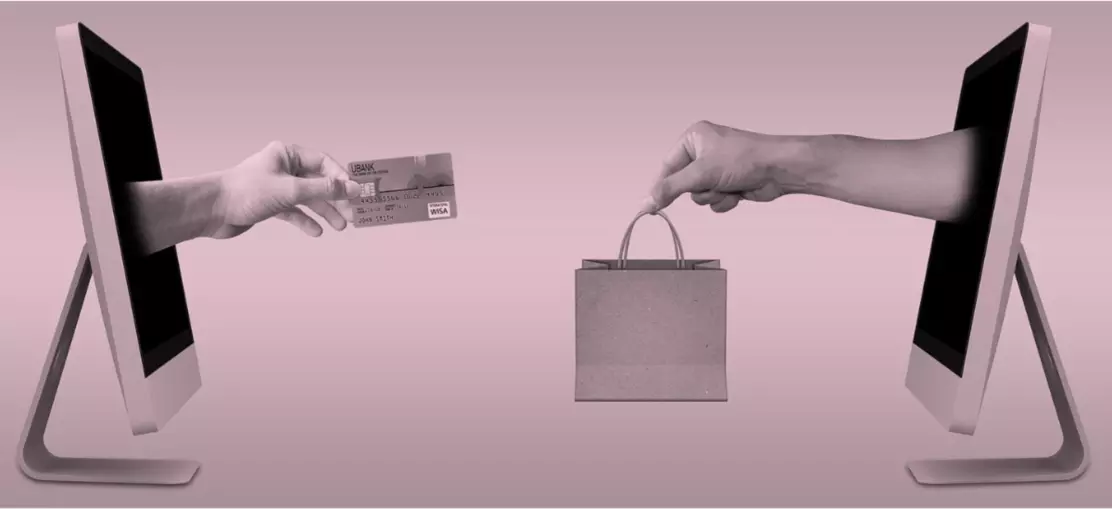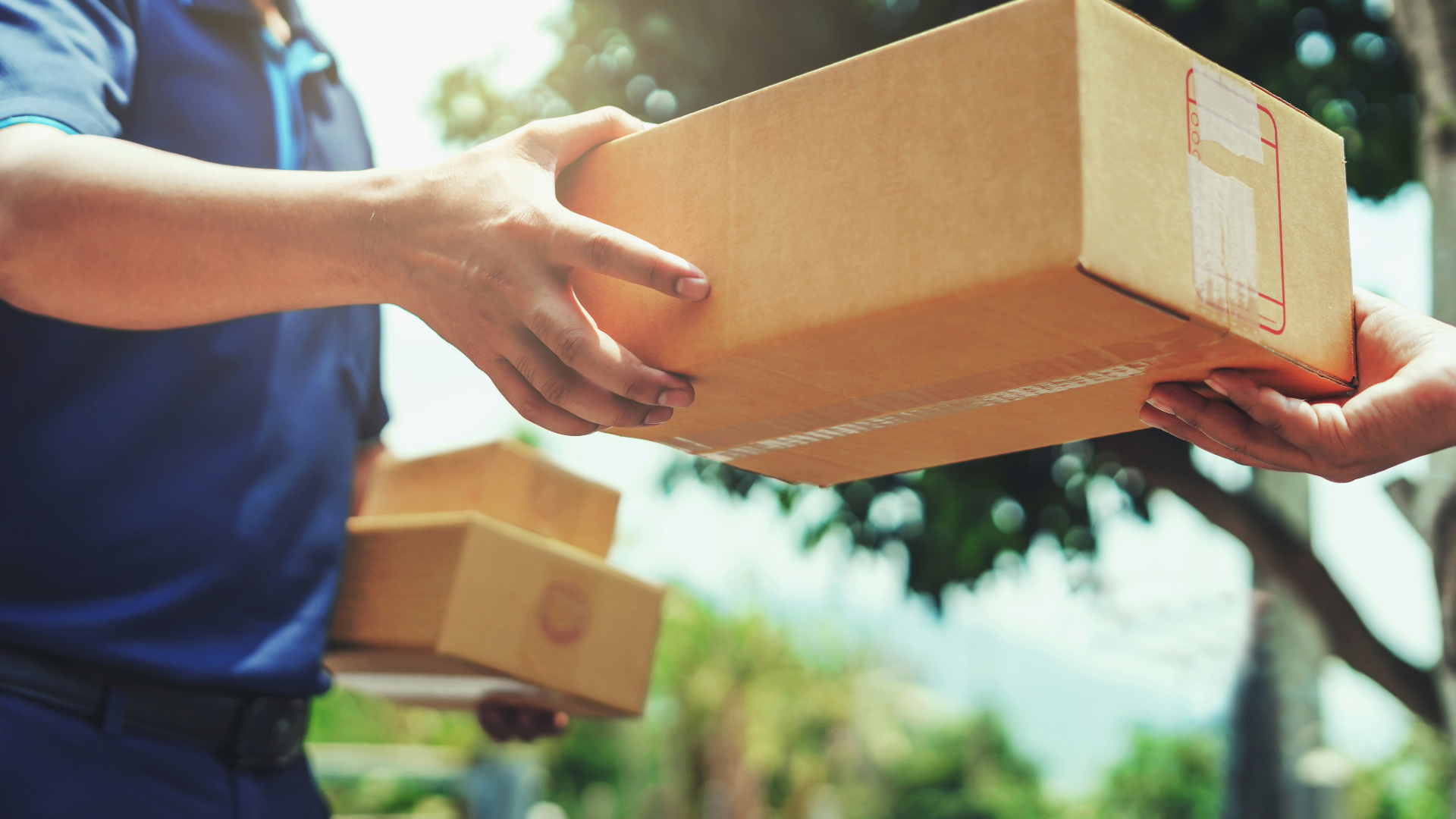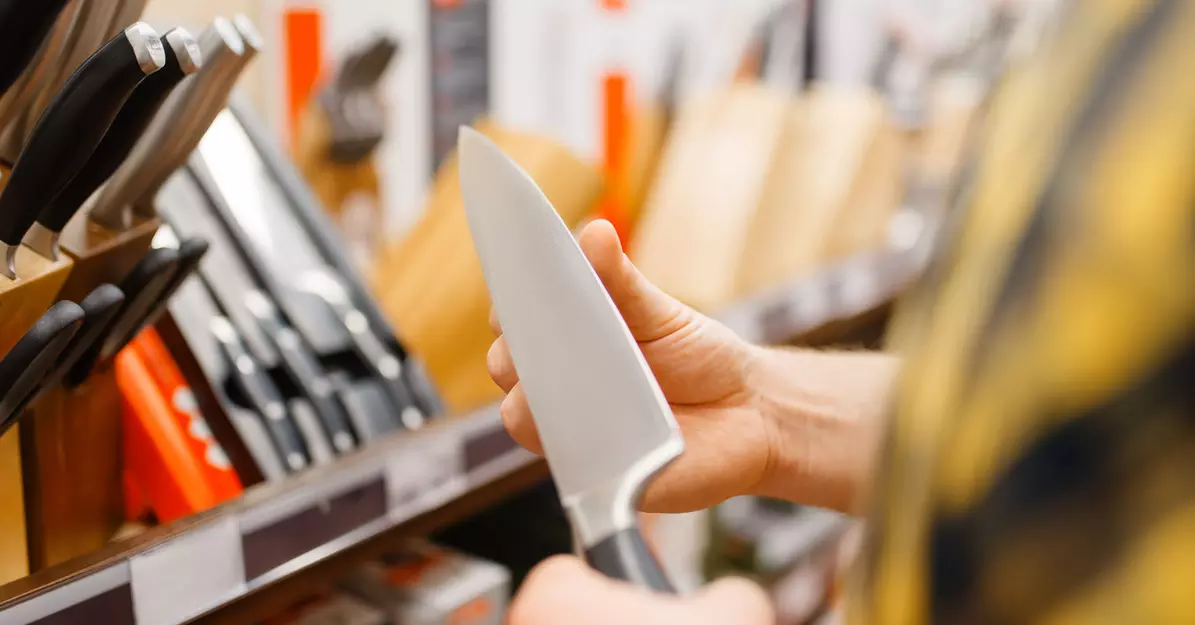In the last 12 months, 2,600 Serve Legal mystery shoppers made test purchases using rapid delivery services*. All were under 25, yet less than half (45%) were asked to show proof of age when their order was delivered, despite it containing restricted products like alcohol and cigarettes. Standard home delivery services** fared better: 72% of mystery shoppers were asked for ID on delivery.
 Bricks and mortar retailers lead the way
Bricks and mortar retailers lead the way
In-store, retailers were far more diligent. 78% of our mystery shoppers were asked for proof of age. But even within bricks and mortar stores, the tech that is extending customer choice is falling short when it comes to compliance. In 8,000 test purchases using self-scan checkouts, 73% of our mystery shoppers were asked to produce proof of age, compared to 79% who used a conventional checkout with a member of staff (13,150 in-store test purchases).
Automation of shopping exposes risk around underage sales
Offering consumers extensive choice around how, when and where they shop is clearly a priority for retailers. But as retail technology, rapid delivery models in particular, develops pace, human interaction between staff and customers is being dramatically reduced. This automation of shopping exposes the risk of selling and delivering harmful goods to young people.
Urgent improvement needed
Screening checks and facial recognition tech on retail websites and apps are toothless if delivery drivers fail to ask for proof of age or leave goods unattended. Bricks and mortar retailers have worked hard over the last decade to improve their performance around underage sales, adopting Challenge 25, regular testing programmes, and staff and management training. Online retailers and delivery companies must now do the same. Urgent action is needed. No responsible retailer or delivery company should be handing restricted goods to a young person without asking for proof of age (passport, photocard driving licence or PASS-accredited ID).
Our advice for online retailers and delivery companies
Here are our 6 steps to ensure best practice, protect brand reputation and prevent underage sales:
- Challenge 25. All businesses selling or delivering age-restricted products should put in place a clear Challenge 25 policy. Put a Primary Authority relationship in place with a Trading Standards body.
- No physical ID = no delivery. Check customers’ verbal date of birth against physical ID before completing delivery. Refuse unattended deliveries.
- Consistent communication. To avoid tension on the doorstep, communicate clearly with customers and delivery partners about ID requirements throughout purchase and delivery tracking.
- Clear labelling. Mark or label goods and packaging to signal age-restricted contents. This alerts customers that an ID request will be made and prompts couriers to make the request.
- Adopt recognised standards. Adopt the safeguards set out in the Global Standards for Online Alcohol Sale and Delivery developed by the International Alliance for Responsible Drinking. The Licensing Act 2003 (updated 2018) also includes information about home delivery of alcohol (part 7, section 151).
- Measure performance. Test processes rigorously and regularly through independent auditing. Then take action through targeted training and management. It’s no coincidence that retailers that commit to independent auditing see compliance improve dramatically.
And finally, a message to government: to tighten up policy and legislation grey areas to clarify where responsibility for age verification lies.
* Online or app-based rapid delivery services: deliveries are made as quickly as possible and are carried out by third party delivery companies.
** Standard home delivery services: deliveries are made by a retailer’s employees, stores have designated drivers, bookings are made using designated time slots well in advance.







